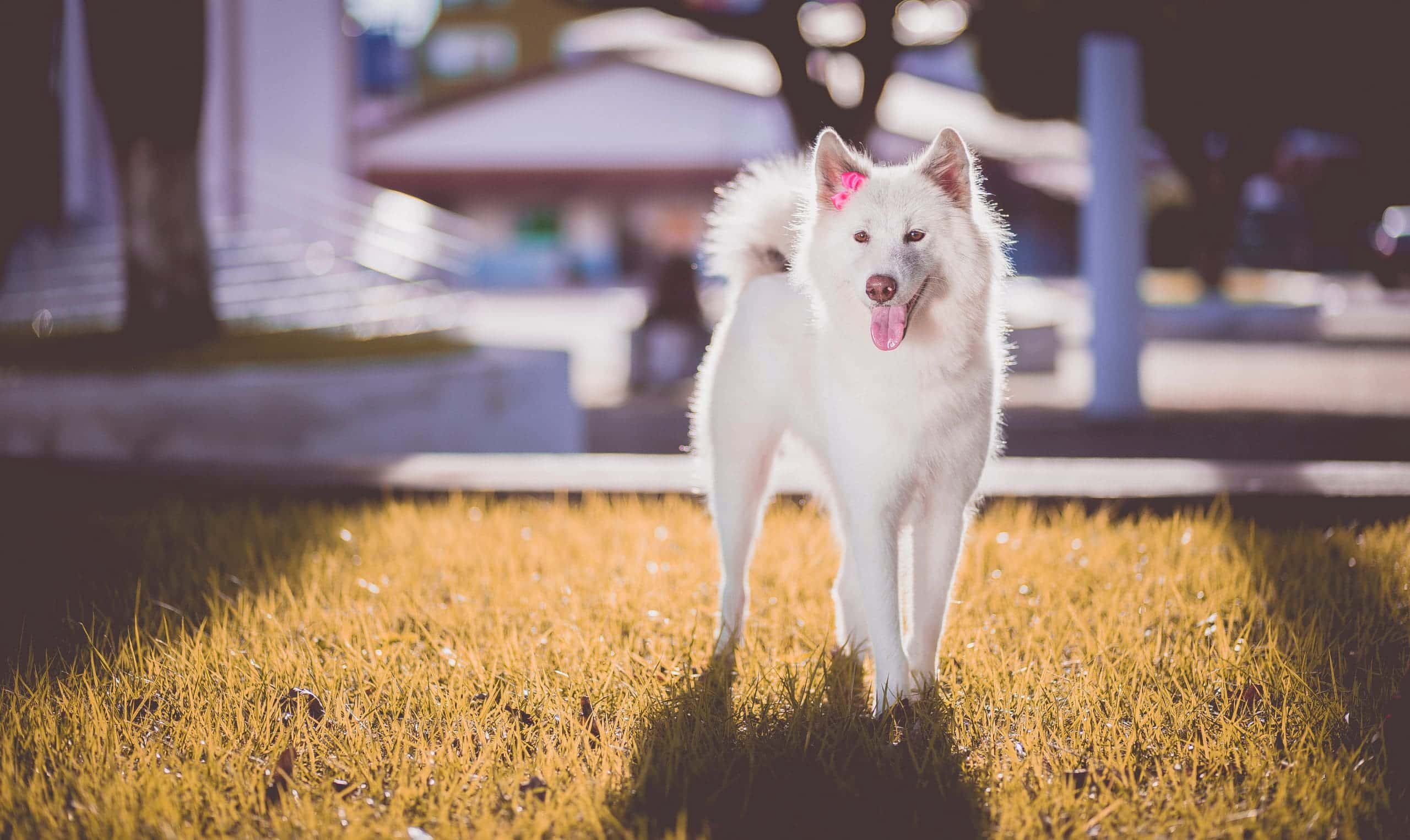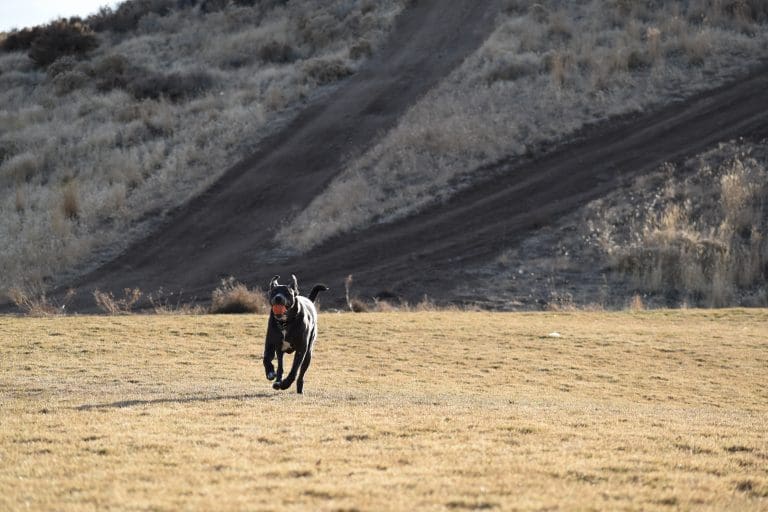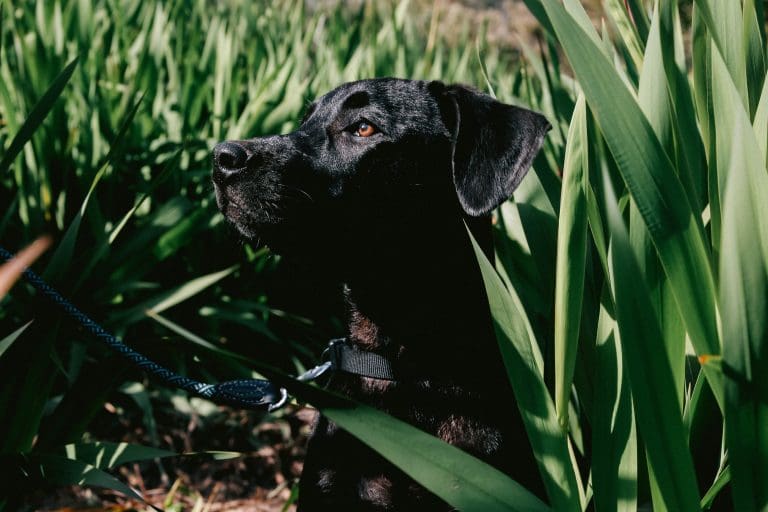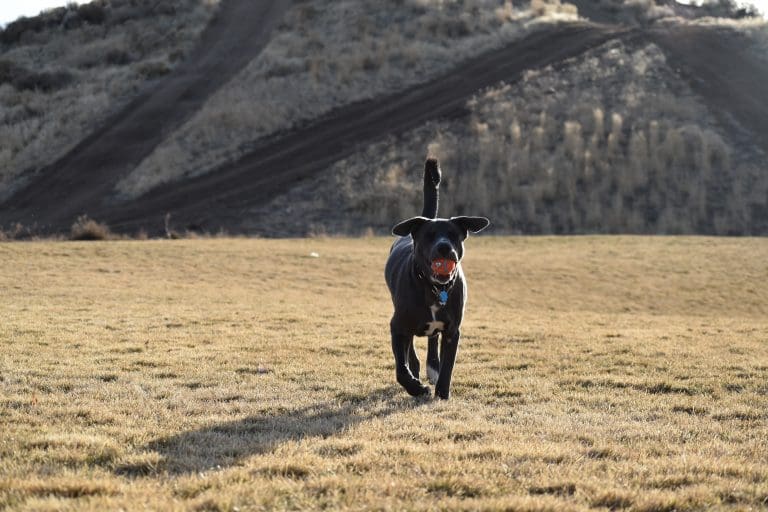How Big Do Boston Terriers Get?
Post Date:
December 10, 2024
(Date Last Modified: December 10, 2024)
When adding a new furry member to your family, size plays a significant role in the decision-making process. For those considering a Boston terrier, understanding their size is essential. These charming little dogs possess unique characteristics that make them appealing companions, and knowing their growth patterns can help you prepare for their needs.
Size Overview
Boston terriers are a small breed, typically weighing between 10 to 25 pounds and standing about 15 to 17 inches tall. However, size can vary based on genetics, diet, and overall health. Recognizing these factors provides a clearer picture of how large your Boston terrier might grow.
Boston terriers generally fall into two categories: standard and miniature. The standard size is the most commonly recognized, while miniature Boston terriers are slightly smaller, weighing around 8 to 14 pounds. Both types share distinctive features, including a short square muzzle, large eyes, and a compact body.
Growth Stages
The growth of a Boston terrier occurs in stages. Puppies experience rapid growth during their first few months, often surprising owners with their size increase. By six months, they typically weigh around half of their adult weight. Most Boston terriers reach their full size by 12 months, although some may continue to fill out and gain muscle mass until they are around two years old.
Body Structure and Health
Understanding how big a Boston terrier gets also involves recognizing their body structure. With a muscular build and sturdy frame, they maintain a solid appearance despite their small stature. Weight and height can affect health, making it crucial to maintain a healthy diet and exercise routine. Overweight dogs may face various health issues, including joint problems and heart disease, which can become more pronounced with age.
Personality and Exercise Needs
Boston terriers are known for their lively personalities. Energetic and playful, they require regular exercise to stay healthy and happy. While their size may suggest low maintenance, they thrive on opportunities to play and explore. Daily walks, interactive playtime, and mental stimulation are essential to keep them engaged. Regular exercise is crucial, even though they may not require long walks like larger breeds.
Living Arrangements
The small size of Boston terriers makes them well-suited for apartment living, but they still need space to move around and play. Proper socialization and training help them adapt to various environments, whether in busy cities or quiet rural settings. Generally friendly and sociable, Boston terriers can also be stubborn, making early training beneficial.
Health Considerations
Health is a critical aspect when assessing the size of a Boston terrier. Like many small breeds, they can be prone to certain health issues, including brachycephalic airway syndrome due to their short muzzles. This condition can lead to breathing difficulties, particularly during hot weather or strenuous exercise. Regular veterinary check-ups help monitor health and catch potential issues early.
Nutritional Needs
Nutrition plays a vital role in the growth and overall well-being of a Boston terrier. A balanced diet tailored to their age, size, and activity level is crucial. Puppies require more calories and nutrients to support rapid growth, while adults need a diet focused on maintaining a healthy weight. Consulting with a veterinarian ensures that your Boston terrier receives the right nutrition for their size and health.
Emotional Well-being
The size of a Boston terrier influences how they fit into your life. Their compact stature allows adaptability to various living situations, but they still need love, attention, and care. These dogs thrive on companionship and often form strong bonds with their families. Social interaction is essential for their emotional well-being, as they can become anxious or depressed if left alone for extended periods.
Home Preparation
Preparing your home for a Boston terrier involves considering their size and personality. While they don’t need vast spaces, creating an environment that allows them to express their energy is important. Providing toys, engaging in playtime, and establishing a routine helps them feel secure and happy. A designated area for relaxation is also beneficial, as they value a comfortable space to retreat.
Grooming and Training
Boston terriers are relatively low-maintenance in grooming. Their short coats require minimal brushing, and they typically don’t shed excessively. Regular bathing and nail trimming keep them clean and comfortable, while their facial wrinkles should be cleaned regularly to prevent irritation and infections.
Training is crucial for raising a Boston terrier, especially given their intelligence and occasionally stubborn disposition. Positive reinforcement techniques work best with this breed. They respond well to praise and rewards, eager learners when motivated. Early socialization is vital for developing well-adjusted adults, helping to curb behavioral issues as they grow.
Responsible Adoption
If considering adopting or purchasing a Boston terrier, researching reputable breeders or rescue organizations is worthwhile. Ensuring you bring home a healthy puppy or dog is essential. A responsible breeder provides health clearances for the puppy’s parents and possesses knowledge about the breed’s characteristics and care requirements.
Boston terriers are small, typically weighing between 10 to 25 pounds and standing about 15 to 17 inches tall. Their size makes them suitable for various living environments, but they still require attention, exercise, and proper care. With lively personalities and affectionate natures, they can bring immense joy to your life. Understanding their growth patterns and health needs enables you to provide the best possible environment for your new companion.






